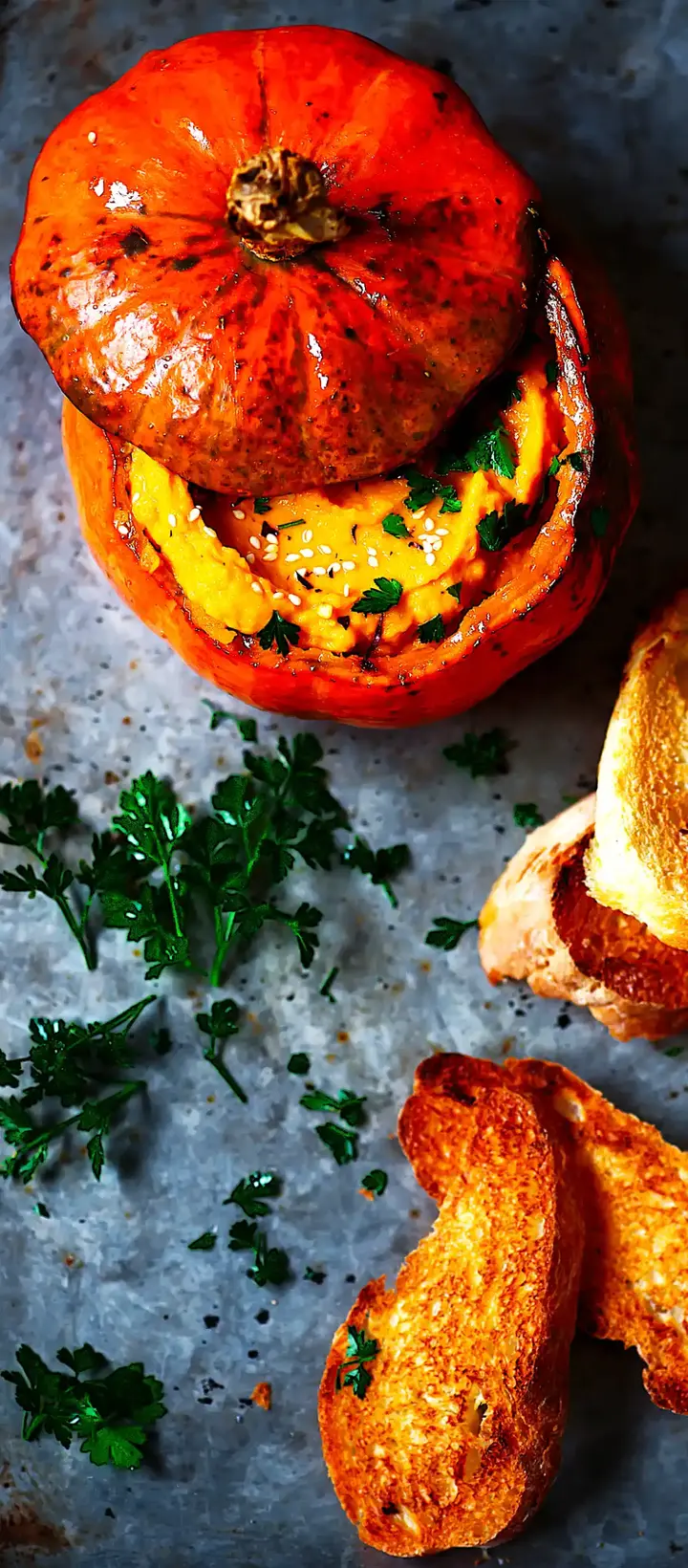يجمع بين الطابع الفرنسي والفلمنكي، يعكس تنوعها الثقافي الناتج عن موقعها الحدودي. من أبرز معالمها قصر "دي ريور" الذي يعود للقرن السابع عشر، وقد تحول إلى متحف للفنون الجميلة. كما يُعد "سيتاديل ليل"، القلعة المصممة على يد فوبان، نموذجًا للهندسة العسكرية الكلاسيكية.
لعشاق الفنون، يُعتبر "متحف الفنون الجميلة" في ليل من أكبر المتاحف الفرنسية بعد متحف اللوفر، ويعرض مجموعات فنية من العصور المختلفة. تضفي "غراند بلاس" وسط المدينة أجواء نابضة بالحياة بفضل مقاهيها وأسواقها المحلية.
لا يقتصر سحر السياحة في ليل على المعالم التاريخية، فطبيعتها الخضراء تضيف أجواء من الهدوء والاسترخاء. "حديقة القلعة" التي تضم "حديقة حيوانات ليل"، و"منتزه فوبان" المصمم على الطراز الإنجليزي، يقدمان خيارات رائعة للعائلات ومحبي التنزه في الطبيعة.
أما المطبخ في ليل، فهو مزيج فريد بين النكهات الفرنسية والبلجيكية. من الأطباق الشهيرة طبق "كاربوناد فلمنك" والوافل البلجيكي، وتضم المدينة مطاعم تقليدية وحديثة تقدم أطباقًا محلية بلمسات مبتكرة.
ترتبط ليل بفعاليات ثقافية مهمة مثل "برادري دي ليل"، أكبر سوق سلع مستعملة في أوروبا، ما يجعلها وجهة جذابة لعشاق التسوق والثقافة. توفر المدينة شبكة مواصلات ممتازة، مما يسهل استكشاف الجوار والسفر إلى مدن بلجيكية قريبة.
تُعتبر ليل مدينة مناسبة للتسوق، حيث تجمع بين المراكز الحديثة كسوق "يورسوليس"، والأسواق الشعبية كسوق "ويزام"، إلى جانب خيارات إقامة متنوعة، من فنادق فاخرة مثل "كلارنس هوتيل" إلى دور ضيافة دافئة تُشعر الزائر بالألفة وطابع المدينة المحلي.


